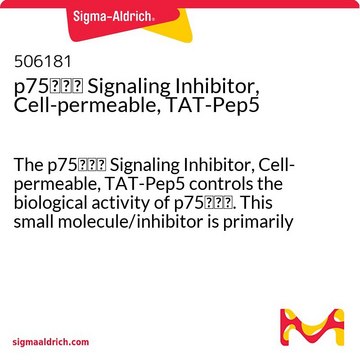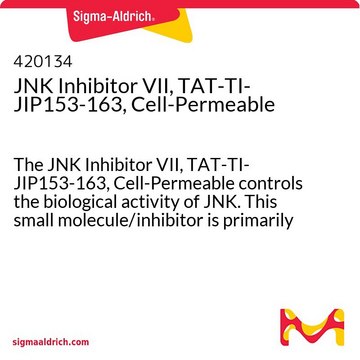8.22186
TWEEN® 60
for synthesis
Synonym(s):
Polyoxyethylene sorbitan monostearate
About This Item
vapor pressure
<10 hPa ( 20 °C)
Quality Level
form
gel form
potency
>38000 mg/kg LD50, oral (Rat)
pH
5.5-7.7 (25 °C, 50 g/L in H2O)
kinematic viscosity
170-320 cSt(40 °C)
transition temp
flash point >149 °C
density
1.1 g/cm3 at 20 °C
storage temp.
2-30°C
SMILES string
O1C(C(C(C1)OCCO)OCCO)C(OCCO)COCCOC(=O)CCCCCCCCCCC
1 of 4
This Item | 420134 | 573096 | 328005 |
|---|---|---|---|
| assay ≥95% (HPLC) | assay ≥97% (HPLC) | assay ≥95% (HPLC) | assay ≥95% (HPLC) |
| form lyophilized solid | form lyophilized | form lyophilized solid | form lyophilized solid |
| manufacturer/tradename Calbiochem® | manufacturer/tradename Calbiochem® | manufacturer/tradename Calbiochem® | manufacturer/tradename Calbiochem® |
| Quality Level 100 | Quality Level 100 | Quality Level 100 | Quality Level 100 |
| storage temp. 2-8°C | storage temp. 2-8°C | storage temp. −20°C | storage temp. −20°C |
| solubility DMSO: 5 mg/mL | solubility water: 1 mg/mL, DMSO: 5 mg/mL | solubility water: 1 mg/mL | solubility water: 1 mg/mL |
Application
Analysis Note
Saponification value: 45 - 55
Identity (IR): passes test
Due to its specific melting range the product may be solid, liquid, a solidified melt or a supercooled melt.
Legal Information
Storage Class
10 - Combustible liquids
wgk_germany
WGK 1
flash_point_f
Not applicable
flash_point_c
Not applicable
Certificates of Analysis (COA)
Search for Certificates of Analysis (COA) by entering the products Lot/Batch Number. Lot and Batch Numbers can be found on a product’s label following the words ‘Lot’ or ‘Batch’.
Already Own This Product?
Find documentation for the products that you have recently purchased in the Document Library.
Related Content
We offer a variety of small molecule research tools, such as transcription factor modulators, inhibitors of chromatin modifying enzymes, and agonists/antagonists for target identification and validation in gene regulation research; a selection of these research tools is shown below.
Our team of scientists has experience in all areas of research including Life Science, Material Science, Chemical Synthesis, Chromatography, Analytical and many others.
Contact Technical Service


